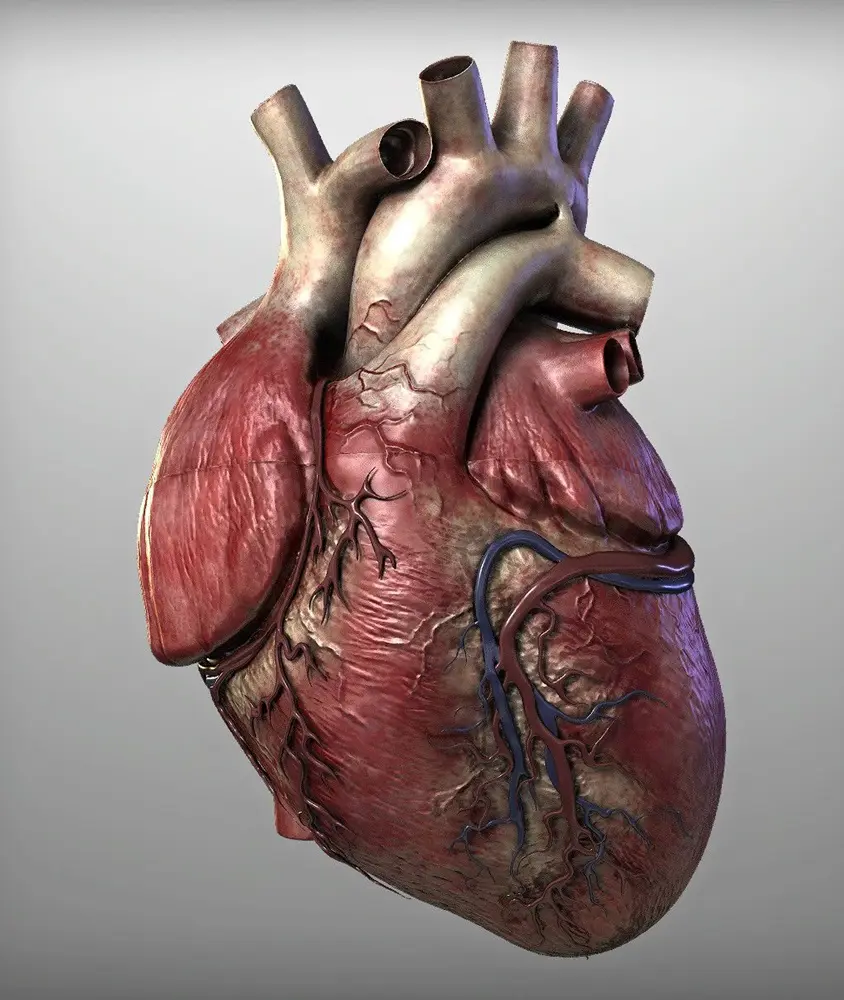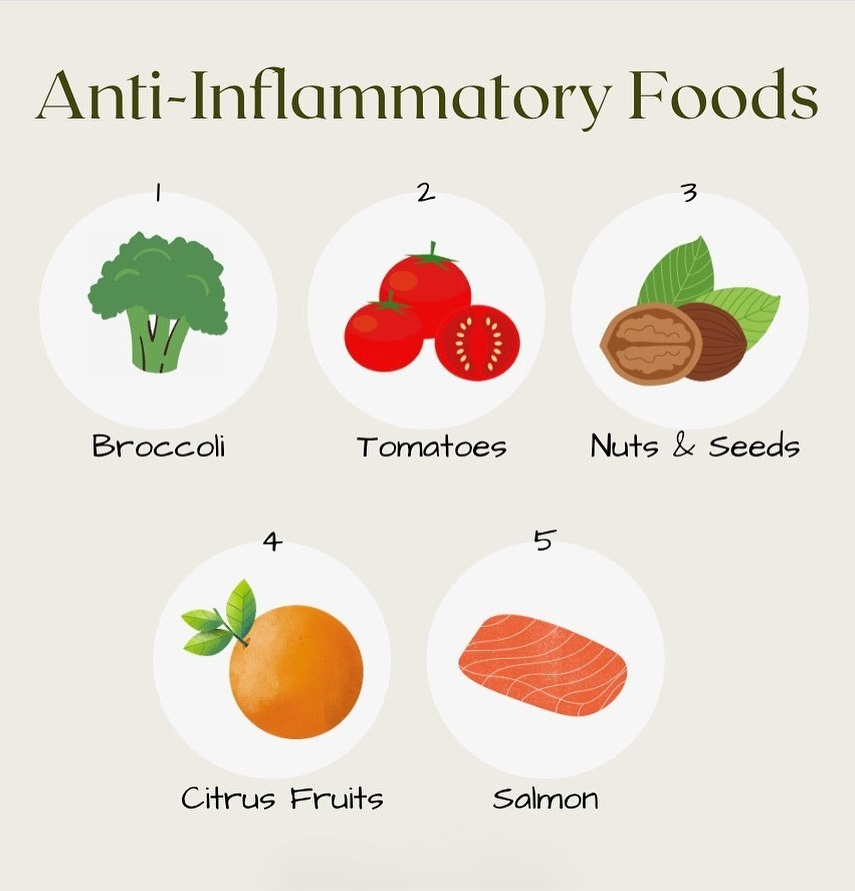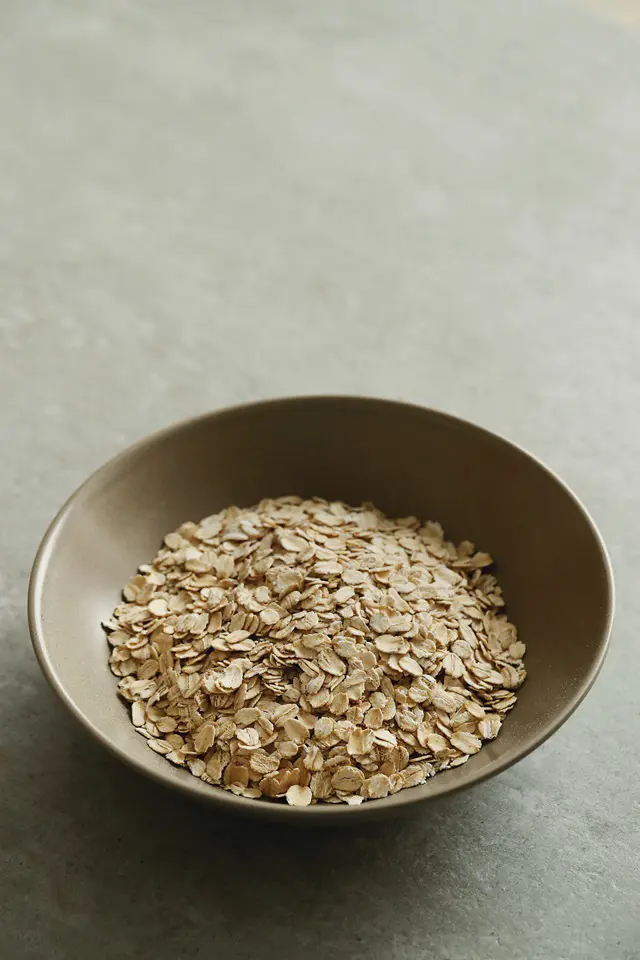Is Tea Good For Weight Loss? How Tea Works

This post may contain affiliate links. If you make a purchase through links on our site, we may earn a commission.
As a popular drink worldwide, tea is enjoyed for its taste and traditions or as a beverage with certain health-promoting properties. Modern investigations also indicate that some kinds of tea, for instance, green tea, impact the regulation of weight through metabolic processes and fat utilization.
This article will explore how tea aids the body in its purported weight-loss process and the compounds responsible for this function.
How Does Tea Help You Lose Weight?

Boosts Metabolism
Several teas contains caffeine, which is known to have a positive impact on increasing metabolic processes in the body. Although the average caffeine concentration in tea is less than that of coffee, it nevertheless raises energy expenditure. Research done on caffeine has demonstrated that it facilitates the breakdown of fats and increases exercise capacity thus a higher energy expenditure during a workout session.
Particularly, green tea contains catechins especially EGCG that have been proven to increase fat loss and metabolic rate. Similar to green tea, black tea contains flavonoids namely theaflavins as well as thearubigins that aid within the body's metabolism besides minimizing visceral fats which assist in weight loss and fat burning. Furthermore, ginger tea has gingerol that can help increase the metabolic rate of the body.
Hydration And Caloric Control
Reduced fluid intake and moderation of calorie intake are important factors in a weight loss program, and tea has a contribution to both. Tea is mostly made from water; therefore, it can be a very healthy option for people, who want to have some drink that will not add any caloric value. If you decide to replace soda or sweet juices which are full of sugars with tea, you can effectively reduce your daily caloric intake. Moreover, taking tea assists in increasing one’s feelings of satiety which may lead to a reduction in the amount of food consumed.
Many teas are loaded with antioxidants and other nutrients that are also healthy for the body but are calorie-free. For instance, hibiscus tea has zero calories and has the quality of diminishing carbohydrate intake, thus controlling the number of calories from sugar intake.
Regulates Appetite

Some teas also contain elements that can work on appetite and digestion. Tea contains compounds that can help to enhance the feelings of satiety and decrease the desire for sugary and other high-calorie food. Additionally, drinking tea helps in the hydration process which at times is mistaken for actual hunger. Maintaining a good intake of water also helps regulate appetite.
Of the teas, green tea is effective in appetite control due to high amounts of catechins including EGCG and caffeine. These compounds can affect satiety hormones through the modulation of leptin and by the suppression of ghrelin concentration. In addition, there are some polyphenols known as flavonoids in black tea which could serve to suppress the appetite and bring feelings of fullness. Apart from that, due to the specific makeup of the oolong tea, it aids in maintaining hunger levels by increasing satiety and decreasing cravings.
Reduces Fat And Carbohydrate Absorption
Both black and green tea contain chemicals known as tea polyphenols that reduce the activity of human digestive enzymes including pancreatic lipase and amylase. Through inhibition of these enzymes, tea decreases digestion and absorption of fats and carbohydrates in the gastrointestinal tract. This leads to reduced energy intake as fewer nutrients are passed into the bloodstream hence helping in the achievement of the weight loss goals.
Research has shown that lipids have a changed emulsion condition due to the presence of black tea polyphenols which reduces the capacity for lipase to access and digest fat molecules. This leads to the reduction of the surface area over which fats are digested and absorbed so that fewer calories will be consumed. Black tea contains theaflavins that preferentially interfere with the process of cholesterol directly incorporating into micelles which are essential for fats.
Thermogenic Effect
Many teas, including green and black tea, are a source of caffeine that is believed to promote thermogenesis. Caffeine may help to boost the metabolism rate and energy utilization by stimulating catecholamine release such as norepinephrine that aids in fat breakdown.
Catechins are the principal antioxidant polymers of green tea, and epigallocatechin gallate (EGCG) is the most significant substance of it. Focused on the property of increasing thermogenesis, researchers discovered that EGCG suppresses COMT – the enzyme that metabolizes norepinephrine. Research indicates that daily green tea intake results in a moderate increase in energy expenditure and fat loss, which are factors that prompt weight loss in the long run. The thermogenic effect of tea also aids in the oxidation of fat in exercise and resting state.
Regulates Blood Sugar Levels

Since tea contains polyphenols, it can increase the rate of insulin response and work as an anti-diabetic agent that promotes the metabolism of glucose. This may assist in reducing the glycemic index and weight loss after food intake. Furthermore, antioxidants found in tea can reduce oxidative stresses that are accompanied by insulin resistance and could equally help stabilize blood glucose levels.
The compounds found in green tea have the effect of increasing the sensitivity to insulin and decreasing levels of blood sugar. In addition, rooibos tea contains aspalathin that has the potential to regulate blood sugar, and could therefore be recommended for individuals who want to lose weight yet control their blood sugar intake.
Reduces Stress
Traditionally, people have known that tea consumption is beneficial for their health and that it helps with stress relief. This stress reduction can significantly contribute towards weight loss efforts since stress is known to lead to unhealthy eating resulting in weight gain. Different kinds of tea especially herbal ones have proven to help in reducing stress levels and are therefore good for people who experience such problems. Stress may lead to emotional eating where people use foods that are rich in calories as a way of dealing with stress.
Drinking lavender tea will assist in reducing stress, thus reducing instances of emotional eating due to improved mood. Chamomile tea aids in anxiety relief and improves sleep quality. Better sleep can also lead to better appetite regulation, and thus less temptation or urge to indulge in unhealthy snacks.
When To Drink?

Intake of tea is a useful technique in shedding off some pounds in the body, and this can be accomplished by taking the tea at an appropriate period of the day. There are several teas best for different times of the day, which helps us by magnifying its virtues concerning metabolism, appetite, and digestion. Here are the best times to drink tea for optimal weight loss results:
- Early Morning: Having tea, especially green tea in the early morning helps boost metabolism and burn fat in the body for the whole day.
- Mid-Morning: Drinking tea around the mid-morning helps with digestion, and it helps one avoid ingesting foods around that time, making it suitable in a weight loss plan.
- Pre-Workout: Consuming green tea around 30 minutes before physical activity might have a positive effect on fat-burning and exercise capacity.
- Post-Workout: If you consume tea especially green tea after exercising, it may help in muscles’ recovery as well as the process of breaking down fats.
- Mid-Afternoon: Drinking a cup of tea in the afternoon can ensure that the blood sugar does not spike to unhealthy levels or cause one to not take snacks.
- Early Evening: Tea in the evening can also lead to the reduction of cortisol levels, thus preventing stress eating later in the evening.
- After Dinner: The consumption of herbal or decaffeinated tea after dinner is good for digestion and can help to calm the mind, hence enhancing the quality of sleep which will lead to the breaking of fat indirectly.
How Much Tea Should You Consume Every Day?

Different kinds of tea can be taken, and the amounts taken can even affect the results of weight loss. However, one must cater his or her response to fit into these guidelines to get the maximum effect of tea for weight loss.
Recommended Amounts of Tea by Day
- Green Tea: Green tea is recommended in the range of 3 to 5 cups per day. This tea is equipped with catechins, especially EGCG, which can increase metabolic rates and loss of body fat.
- Black Tea: It is suggested that one should take 2 to 3 cups of black tea per day. Black tea contains flavonoids which have been shown to help the body reduce body fat and increase metabolic rates.
- Oolong Tea: The level of consumption suggested for oolong tea ranges between 2 and 4 cups, daily. Oolong tea resembles both green tea and black tea; it is effective in stimulating fat-loss enzymes and is beneficial in weight loss.
- Herbal Teas: The suggested dose of herbal tea intake is 2 to 4 cups per day. Herbal teas are good in reducing stress and controlling appetite which is an added advantage to weight loss in the natural ways. These are usually not caffeinated hence they can be taken at any time of the day and night.
Best Ways To Drink Tea For Weight Loss

People targeting to lose weight should ensure that they take tea now and then in their day-to-day lives. Here are some of the best practices for drinking tea to maximize its benefits:
Choose The Right Type Of Tea
Before going any further, it is essential to note that you can boost your weight loss process by selecting the right type of tea. Some of the tea types helpful for weight loss include green tea, black tea, oolong tea, white tea, peppermint tea and herbal teas.
Optimal Timing
You may want to incorporate the tea at least three to four times a day in your weight loss plan. However, the best possible time when tea consumption is most appropriate is in the early morning, mid-morning, before exercise, after exercise, mid-afternoon, early evening and after dinner.
Mind Your Additives
Do not include additional calories such as sugar or whole milk. Choose skimmed milk and natural sweeteners and limit their servings to ensure that the calorie intake is not too high.
Moderation is Key
It is recommended to take between 2-5 cups of tea per day based on the caffeine levels that an individual is willing to consume. This considerably reduces negative side effects such as increased anxiety or disruptions in sleep-wake patterns.
Avoid Late-Night Consumption
Do not take caffeinated teas during nighttime as it may disrupt your sleep, indirectly affecting your weight loss efforts.
Limitations
Although tea can be incorporated into weight loss plans, there are many constraints and possible disadvantages that need to be taken into account. Here are some of them:
Limited Weight Loss Impact
Research reveals that the efficacy of tea, especially green tea for weight loss could be rather modest and insignificant. For instance, certain studies state that green tea is capable of causing an individual to lose a few kilograms, but only after years of use.
Digestive Issues
Nausea, diarrhea, as well as bloating might occur in some individuals in case they are used to taking a lot of tea, especially green tea. Flavonoids found in tea may cause stomach irritation thus reducing the likelihood of consuming tea often.
Risk of Overconsumption
Side effects associated with excessive consumption of the tea comprise liver toxicity, (especially with concentrated extracts of the plant), and reduced bone density because of altered absorption of calcium.
Other Health Benefits

Supports Heart Health
Catechins found in tea are highly active antioxidants that aid in the fight against free radicals within the human body. This action helps to eliminate the source of oxidative stress that is usually linked to cardiovascular diseases.
In addition, the tea bears the benefit of enhancing the endothelial function that is responsible for vascular health. It has been found that daily consumption of tea tends to lead to a reduction of the Low-Density Lipoprotein popularly referred to as ‘‘bad’’ cholesterol, which supports heart health.
Helps Prevent Certain Types Of Cancer
Studies have indicated that EGCG can suppress the cell division of cancer cells and cause apoptosis in the case of different kinds of cancer such as breast, lung, and prostate cancers. The tea polyphenols are shown to scavenge the free radicals which are capable of inducing mutations in DNA and tumor formation. Moreover, these polyphenols can stimulate the activity of enzymes that help the human body eliminate carcinogens and thus lower the instances of cancer.
Interactive observational studies indicate that regular tea intake is inversely linked with cancers such as stomach, liver and endometrial cancers. For example, women who drink green tea in portions of more than five cups per day, have a reduced rate of recurrence of breast cancer.
Recent posts
Lifestyle
Lifestyle
Is Coffee Good For Weight Loss? Know Best Brews That Help
Losing excess weight is a very tough task, and using coffee as a weight-loss aid has been a popular trend. Coffee is a worldwide favorite, with millions of people enjoying a daily cup for quick energy. But besides that, coffee might be your secret to...
Lifestyle
How To Grow Grass From Seed? Planting And Caring Guide
Growing grass seems like an easy task. But the ones who are already into it know how much work and patience is required for its maintenance, to transform the outdoor space into a lush, green oasis. For beginners who are starting from scratch or someo...
Lifestyle
20 Best Foods For Inflammation + What To Avoid
Inflammation is an essential response that the body utilizes in the defense mechanisms against potential harm including pathogens; however, if it becomes chronic, it becomes a real issue. There is no problem in enjoying normal foods but it's importan...
Lifestyle
Nutritional Yeast Benefits, Nutrition and Uses
Often called "nooch", nutritional yeast is a deactivated form of yeast. It is often used to make vegan and dairy-free items. Various studies show that nutritional yeast possesses a range of health benefits. The mineral, vitamin, and antioxidant...
Lifestyle
Is Oatmeal Good For Weight Loss? Facts and Myths
Oatmeal has been a reputed healthy breakfast food for ages. It is derived from oats, a whole grain known for its compact nutrient profile and wide range of health benefits. Oatmeal, mostly rich in fiber, is also popular in weight loss diets. If...
Lifestyle
12 Dark Chocolate Benefits and Nutrition
Dark chocolate, a delightful treat for many is also packed with numerous health advantages. It is a nutritional powerhouse in addition to being a pleasant treat due to its rich velvety taste and remarkable collection of antioxidants. This delicious t...





